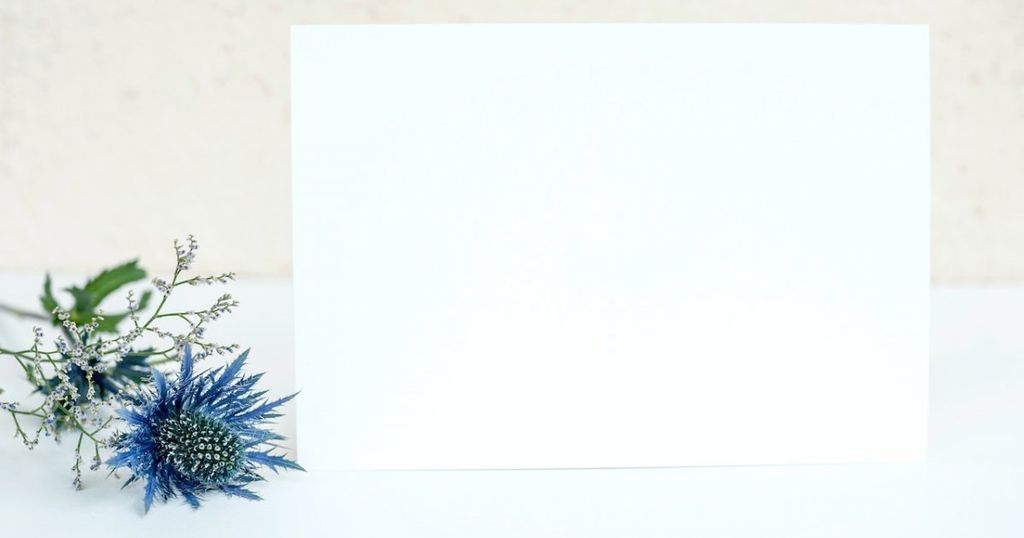- Trademarks & Designs
- Trademarks & Designs
- Strategy & managementUnlock the potential of your brand portfolio
- SearchingScreening and clearance search with smart pre-selection
- RegistrationTailored support to maximise your brand potential
- WatchingMonitor rights efficiently and cost-effectively worldwide
- Monitoring & prosecutionProtect and enforce rights on- and off-line
- Renewals & recordalsFlexible renewal and recordal services
- Strategy & management
- IP consultingBrand development, audits, licensing, M&A, valuation/monetisation, contract management and more
- IP consulting
- Patents
- Solutions
- Trademarks & Designs
- Trademarks & Designs
- Strategy & managementUnlock the potential of your brand portfolio
- SearchingScreening and clearance search with smart pre-selection
- RegistrationTailored support to maximise your brand potential
- WatchingMonitor rights efficiently and cost-effectively worldwide
- Monitoring & prosecutionProtect and enforce rights on- and off-line
- Renewals & recordalsFlexible renewal and recordal services
- Strategy & management
- IP consultingBrand development, audits, licensing, M&A, valuation/monetisation, contract management and more
- IP consulting
- Patents
- Solutions
- Contact
- About us
- About us
- About usProud to support iconic brands and innovative organisations worldwide
- Mission & visionDiscover how we are redefining IP management through dynamic, strategic and personalised services
- MilestonesExplore our history from our founding 135+ years ago to the present day
- Our offices18 offices and unique network of specialists delivers local expertise on a global scale
- Social responsibilityWe strive to positively impact the environment and the global community in which we work and live
- GovernanceInnovation, client focus and a passion for IP. Meet our management team
- About us
- Careers
- Log in
- About us
- About us
- About usProud to support iconic brands and innovative organisations worldwide
- Mission & visionDiscover how we are redefining IP management through dynamic, strategic and personalised services
- MilestonesExplore our history from our founding 135+ years ago to the present day
- Our offices18 offices and unique network of specialists delivers local expertise on a global scale
- Social responsibilityWe strive to positively impact the environment and the global community in which we work and live
- GovernanceInnovation, client focus and a passion for IP. Meet our management team
- About us
- Careers
- Log in

Trademark tips: Beware linguistic errors and cultural appropriation
A Canadian brewery and a New Zealand leather shop have both been caught out this month after using a Māori word as a brand name that has quite a different meaning to the one they had originally intended.
Coca-Cola made a similar error in 2018, after it launched its ‘Kia Ora, Mate’ slogan in New Zealand: ‘Kia Ora’ may mean hello in Māori, but ‘Mate’ means death in the language, as opposed to a colloquial alternative for ‘friend’.
This kind of oversight is not uncommon, particularly as brands move from national to international audiences. Often the issue is one of transliteration; in other words, not checking the meaning of the brand or product name in local languages or dialects. While many of the well-known examples have been debunked – the Chevrolet Nova, for example – linguistic screening is crucial if you’re to avoid causing embarrassment or offence. This means not only undertaking all the necessary trademark availability searches, but also looking into where the creative team got the idea for the name from. If it becomes apparent that the name is in a foreign language or from another culture, you should always double check to see what it means with someone from that region who speaks that language.
Avoiding trademark ‘theft’
Cultural appropriation should also be considered in the context of any brand name chosen that leans heavily on another culture. The Māori language and its traditions, for example, have been used to brand everything from cheese to leggings and sports bras, while Disney’s application to trademark the Swahili saying ‘Hakuna Matata’ and Kim Kardashian’s original choice of ‘Kimono’ for her range of shape wear both resulted in a major online backlash.
While such words may fulfil the requirements for trademark protection, there are bigger issues for brand owners to consider. Brand owners would be wise to consider the ethics of adopting any foreign word or symbolism in their branding, therefore, especially if they don’t have a link to that culture. What may be considered ‘acceptable’ today may well become unpalatable in the future and the resulting public backlash can cause considerable damage to brand reputation or cause headlines for all the wrong reasons, as the Washington Redskins NFL team can well attest.
For guidance on trademark registration, including availability and linguistic searching, please speak to your Novagraaf attorney or contact us below.